AI CCTV: A Deep Dive into the Tech Behind Smarter Surveillance
AI CCTV cameras are revolutionizing the surveillance industry by incorporating advanced artificial intelligence (AI) technology.
These intelligent cameras employ a variety of techniques, such as Facial recognition and Behavioural analysis to enhance their monitoring capabilities.
One of the key components of AI CCTV systems is computer vision, which enables the cameras to interpret and analyse visual data in real-time.
This allows them to:
Identify objects,
Track movement,
And detect anomalies based on pre-programmed algorithms
What is an AI Camera?
An AI camera is a surveillance device that uses machine learning algorithms to analyse visual data and make decisions based on that information.
Unlike traditional CCTV cameras, which simply record and transmit footage, AI cameras have the ability to learn and adapt over time.
This makes them more intelligent and efficient at detecting potential threats or suspicious behaviour.
AI CCTV Security Camera
AI CCTV cameras have a wide range of applications in various industries, including:
Retail: AI cameras can track customer movement and behaviour to gather data on shopping patterns and improve store layout.
Transportation: These cameras can monitor traffic flow, detect accidents, and even predict congestion in real-time.
Security: AI cameras can be used to identify potential threats or suspicious activity in public places such as airports, train stations, and government buildings.
Manufacturing: In factories, AI cameras can monitor production lines for defects and improve operational efficiency.
Home: AI cameras can provide enhanced security for homes by detecting intruders and sending alerts to homeowners. They can also detect people at your front door and notify you on your mobile device.
Advantages of AI Security Cameras
The incorporation of AI technology in CCTV systems offers several advantages over traditional surveillance methods:
Improved Accuracy: The advanced algorithms used by an AI camera has a higher accuracy rate compared to human surveillance. This reduces the risk of false alarms and improves response time.
Cost-Effective: As AI cameras can process and analyse data in real-time, they require less human intervention, making them a cost-effective surveillance solution.
Increased Security: With their ability to detect anomalies and potential threats, an AI camera can enhance security measures and provide better protection against unforeseen events.
Data Collection: AI cameras can collect and analyse large amounts of data, which can be used for further analysis and decision-making.
Potential Challenges of AI Cameras
While an AI camera offers many benefits, there are also potential challenges that need to be addressed:
Privacy Concerns: The use of facial recognition technology in AI cameras has raised privacy concerns, as it can potentially track individuals without their consent.
Biased Data: Artificial intelligence systems are only as good as the data they are trained on. If the data used to train these cameras is biased, it can result in inaccurate or discriminatory decisions.
Maintenance and Upgrades: As Artificial intelligence continues to evolve, regular maintenance and upgrades are required to keep the cameras running efficiently.
False Alert: AI cameras can sometimes generate false alerts due to errors or glitches in the algorithms, which could result in unnecessary panic or wasted resources.
How does an AI Camera work?
The basic functioning of AI cameras can be broken down into three steps:
Data Collection: The camera captures visual data, such as images or videos.
Data Processing: Using computer vision techniques, the data is analysed and converted into a digital format that can be understood by the AI algorithms.
Decision-Making: Based on pre-programmed algorithms, the AI camera makes decisions and triggers an alert or action if necessary.
AI CCTV vs none AI Security camera systems
The main difference between AI CCTV and non-AI security camera systems is the level of intelligence they possess.
While a normal CCTV systems simply record footage, AI cameras can analyse data in real-time and make decisions based on that information.
This makes them more efficient at detecting potential threats or suspicious behaviour.
However, it's important to note that both types of systems have their own advantages and can be used in different scenarios depending on the specific needs of the user.
AI Camera Features:
Facial recognition
Facial recognition is one of the most widely used AI programs in CCTV cameras.
It utilizes deep learning algorithms to analyse and compare facial features with a database of known individuals.
This allows for quick identification and tracking of potential suspects or persons of interest.
Number plate Recognition
AI software can also be trained to recognize vehicle number plates and cross-reference them with databases of stolen or wanted vehicles.
This feature has been instrumental in the recovery of stolen vehicles and identification of criminals using illegal vehicles.
Human Behaviour
Behavioural analysis takes surveillance a step further by analysing patterns in human behaviour, such as movement and gestures.
This can help identify suspicious or abnormal behaviour in a given environment, making it easier to detect potential threats.
Artificial Intelligence - AI Software
AI software is the backbone of AI cameras and is what enables them to process and analyse data in real-time.
AI CCTV cameras also have the ability to learn and adapt over time through machine learning algorithms.
These algorithms use historical data to improve accuracy and efficiency, allowing for more targeted and precise surveillance.
In addition, artificial intelligence features in CCTV cameras can also employ natural language processing techniques to analyse spoken or written words, providing yet another layer of surveillance and threat detection.
Advanced AI Security Features
Some advanced AI security features that can be found in high-end CCTV cameras include:
Automatic tracking: This feature allows the camera to automatically track and follow a moving target, providing uninterrupted surveillance.
Object recognition: AI cameras can identify and categorize different objects, such as vehicles or weapons, within their field of view.
Real-time alerts: With their ability to analyse data in real-time, AI cameras can generate alerts for potential threats or suspicious activity.
Remote access: Many AI CCTV systems allow for remote monitoring and control, providing users with access to live footage and alerts from anywhere at any time.
Computational photography: Uses Artificial intelligence algorithms to enhance image quality and provide clearer, more detailed footage.
Low Light: AI cameras equipped with low light technology can capture high-quality footage even in low light conditions, making them ideal for 24/7 surveillance.
Ethical Considerations
While AI CCTV technology has numerous benefits in terms of enhancing security and safety, it is important to consider the potential ethical implications.
Some concerns include:
Invasion of privacy: With advanced features such as facial recognition, individuals may feel their privacy is being violated.
Discrimination: Biased data used to train AI cameras can lead to discriminatory decisions and actions.
Lack of transparency: The complex algorithms used in AI systems make it difficult for users to understand how decisions are made and what data is being collected.
Therefore, it's crucial for organisations to carefully consider these ethical considerations when implementing AI security cameras and ensure they are in compliance with privacy laws and regulations.
The Future of AI CCTV
AI technologies are continually advancing and has the potential to transform the surveillance industry even further.
Some possible developments in the future include:
Integration with other technologies: An AI camera can be integrated with other technologies like drones or robots for more efficient and accurate surveillance.
Improved accuracy and efficiency: As AI software continues to evolve, cameras will become even more accurate at detecting potential threats and anomalies.
Enhanced data analytics: With the ability to collect and analyse large amounts of data, AI CCTV systems can provide valuable insights for decision-making in security and other industries.
Conclusion
Artificial intelligence security camera systems have revolutionized the way we think about surveillance and security.
With their advanced features and ability to learn and adapt, they provide more efficient and targeted surveillance compared to traditional CCTV systems.
However, it's important to consider the ethical implications of using these technologies and ensure compliance with laws and regulations in order to fully reap the benefits of these AI features .
As technology continues to advance, Artificial intelligence cameras are set to play an even bigger role in enhancing safety and security in various industries.
So, it's crucial for organisations to stay updated with the latest advancements in order to make informed decisions about implementing AI powered cameras.





















